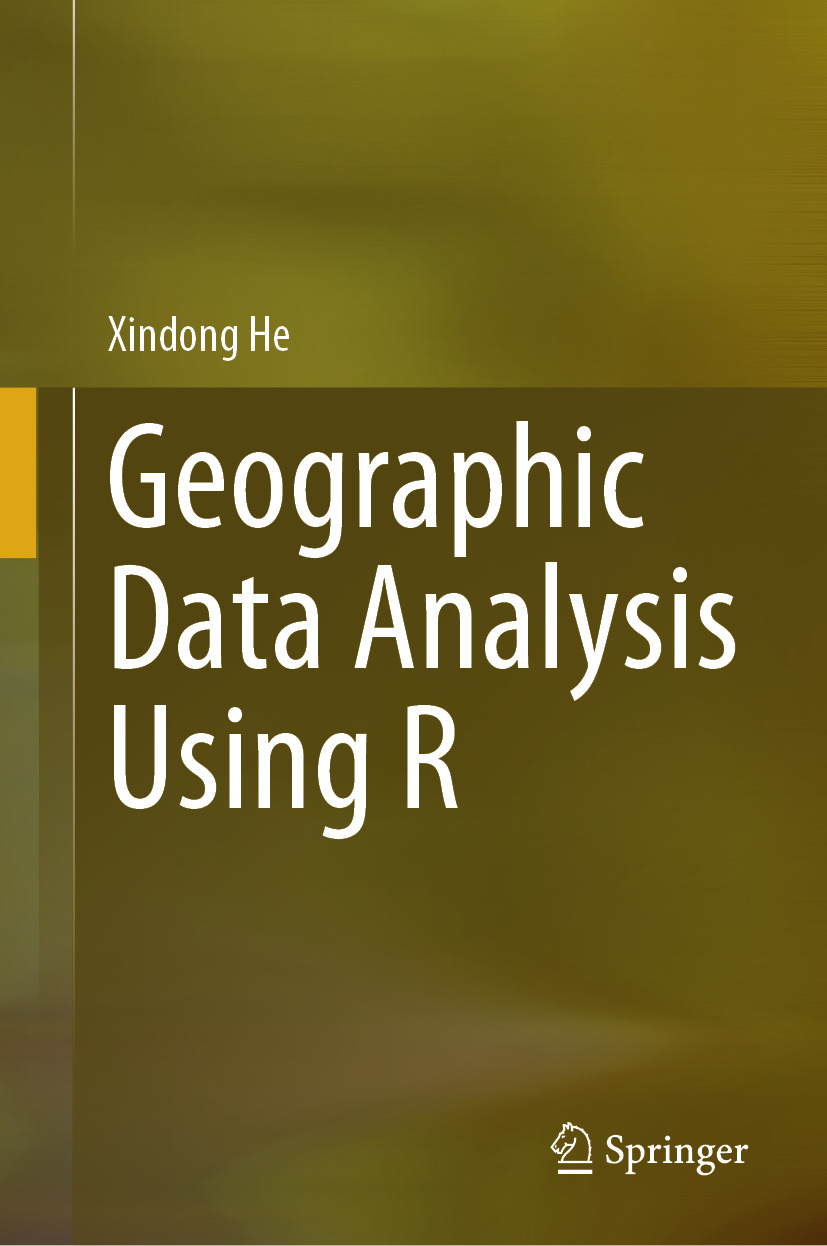

Most ebook files are in PDF format, so you can easily read them using various software such as Foxit Reader or directly on the Google Chrome browser.
Some ebook files are released by publishers in other formats such as .awz, .mobi, .epub, .fb2, etc. You may need to install specific software to read these formats on mobile/PC, such as Calibre.
Please read the tutorial at this link: https://ebookbell.com/faq
We offer FREE conversion to the popular formats you request; however, this may take some time. Therefore, right after payment, please email us, and we will try to provide the service as quickly as possible.
For some exceptional file formats or broken links (if any), please refrain from opening any disputes. Instead, email us first, and we will try to assist within a maximum of 6 hours.
EbookBell Team

0.0
0 reviewsWe live in an era dominated by geographic data and information services, where global climate change presents diverse challenges to research in sustainable development. To mitigate and adapt to these changes, active response from geographic research is essential. Achieving this goal demands extensive geographic data encompassing a wide range of environmental elements, such as geology, topography, water, soil, biology, climate, economy, society, and culture. It also requires a wealth of longitudinal observational data, including satellite remote sensing, environmental monitoring, and large-scale mobile and location service data. However, our objective extends beyond mere data collection; it involves mining pertinent information for geographic research from this vast dataset. This task necessitates the use of suitable analytical tools.
Renowned for its statistical computing prowess, the R language is one of the most widely used platforms for data analysis. For geography students, gaining a foundational understanding of the R language and developing skills in geographic data analysis are crucial to keep up with the rapid advancements in data science. This need highlights my frequent advice to students to integrate R into their academic pursuits.
Traditionally, students majoring in geography have focused significantly on learning and practicing various analysis methods. Excel and SPSS were the primary tools in education for data processing and analysis. However, with the advent of big data, artificial intelligence, and data science, R has emerged as a superior alternative due to its more advanced capabilities.
I personally favor the R language for analyzing geographic data because it appears more ‘sophisticated’ than Excel. I believe learning R greatly benefits students, as it challenges them to deeply engage with data analysis tasks and methodically understand and apply measurement methods in ‘Quantitative Geography’. Many students recognize the value of
…